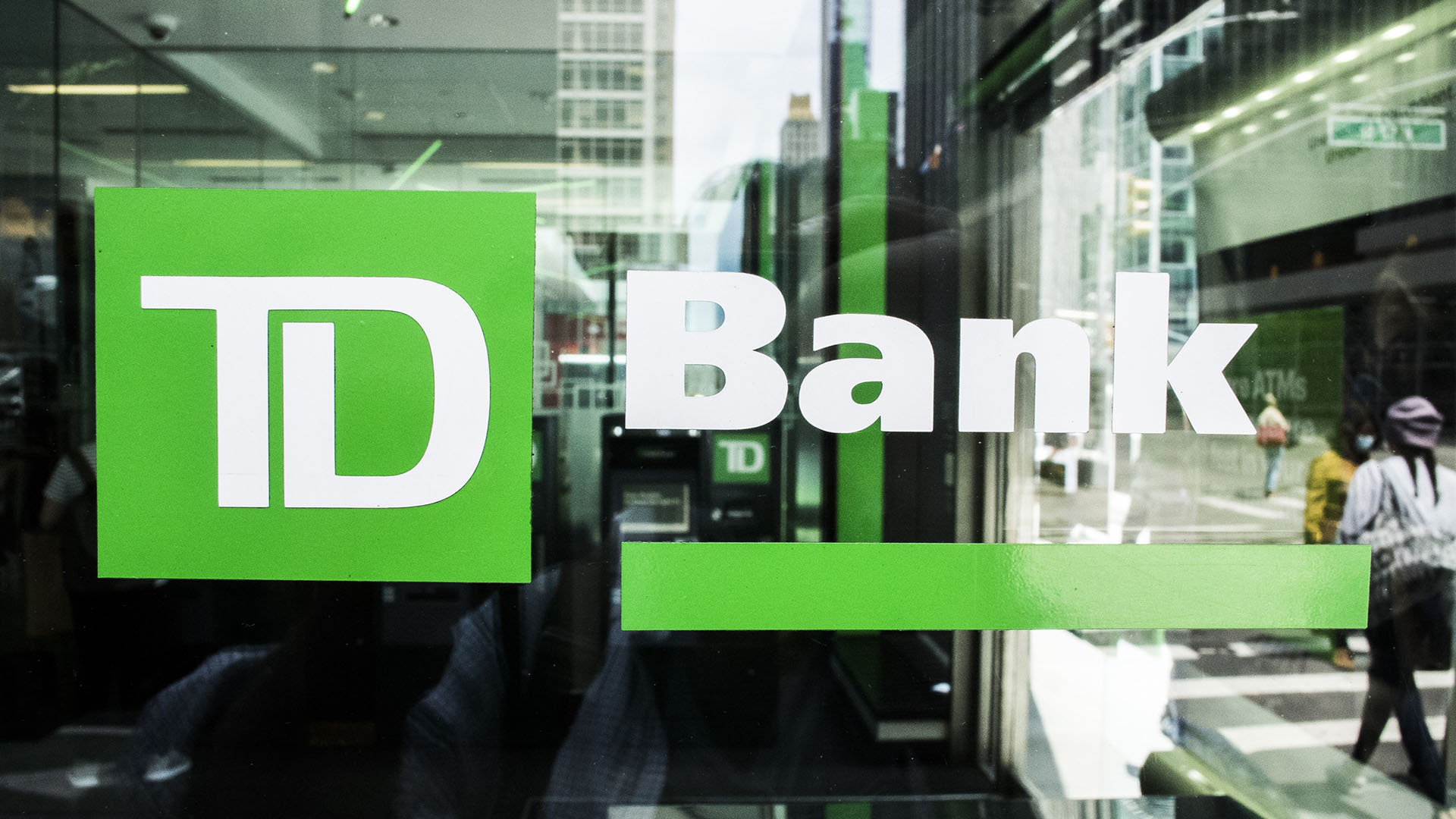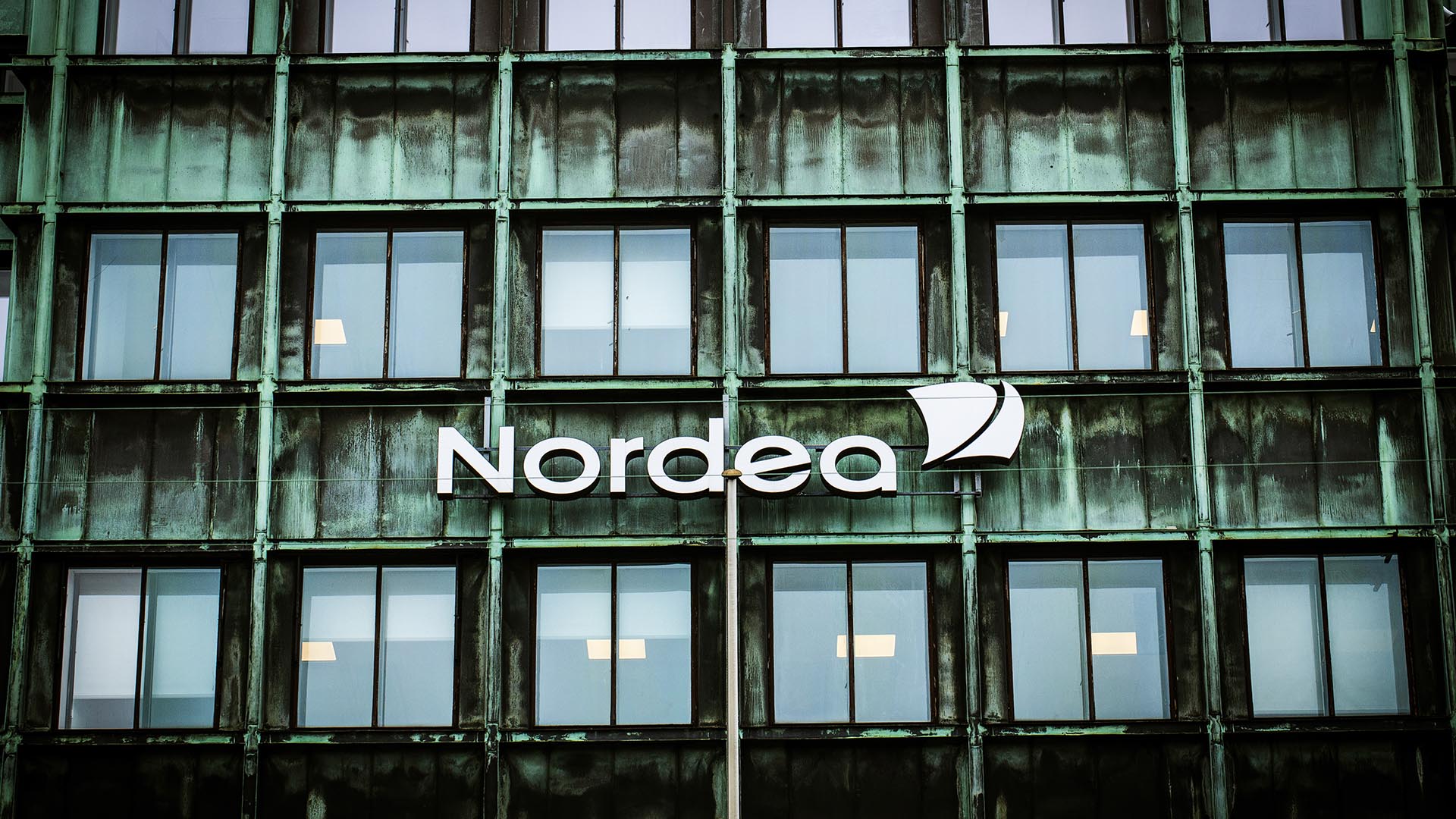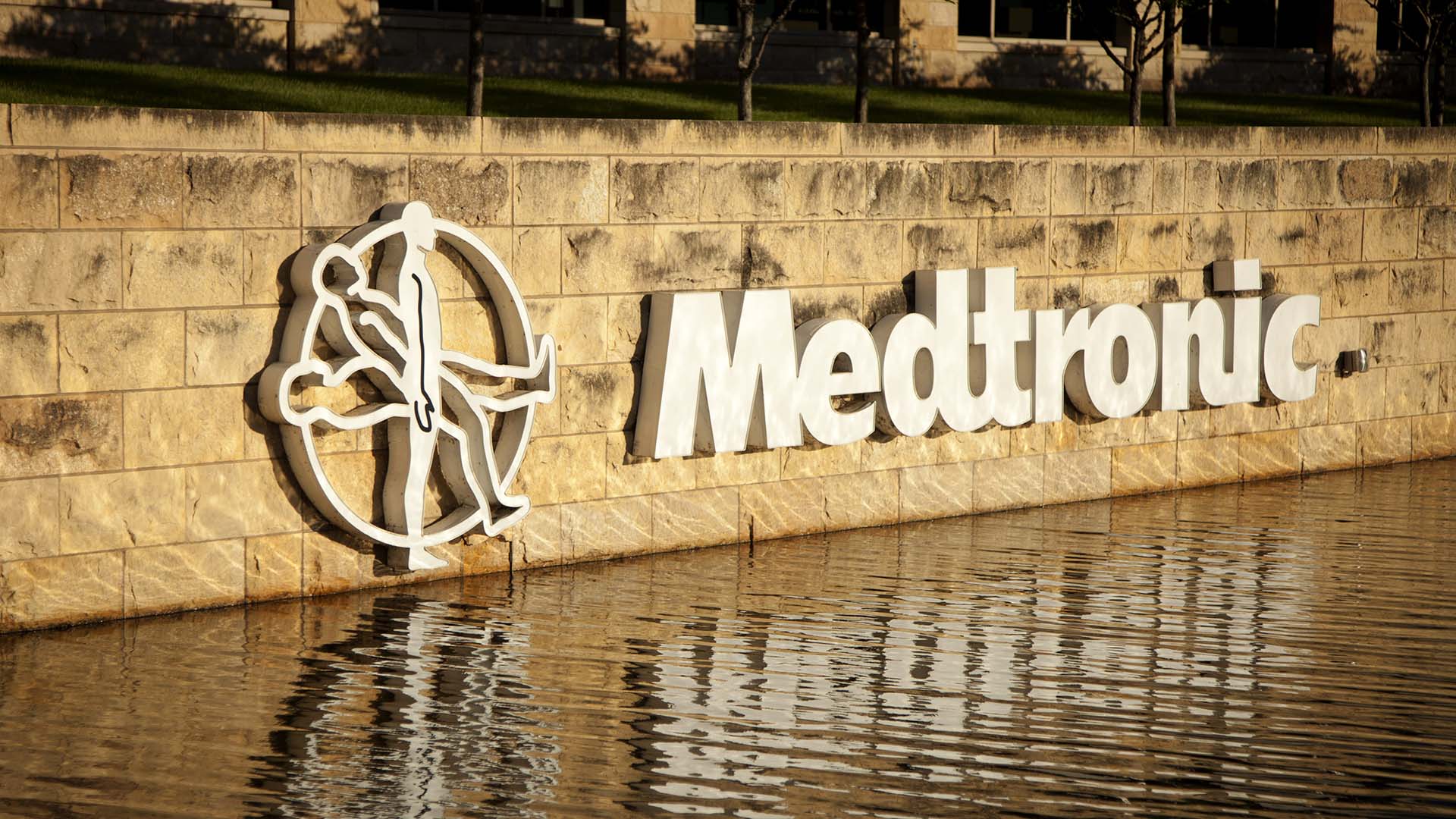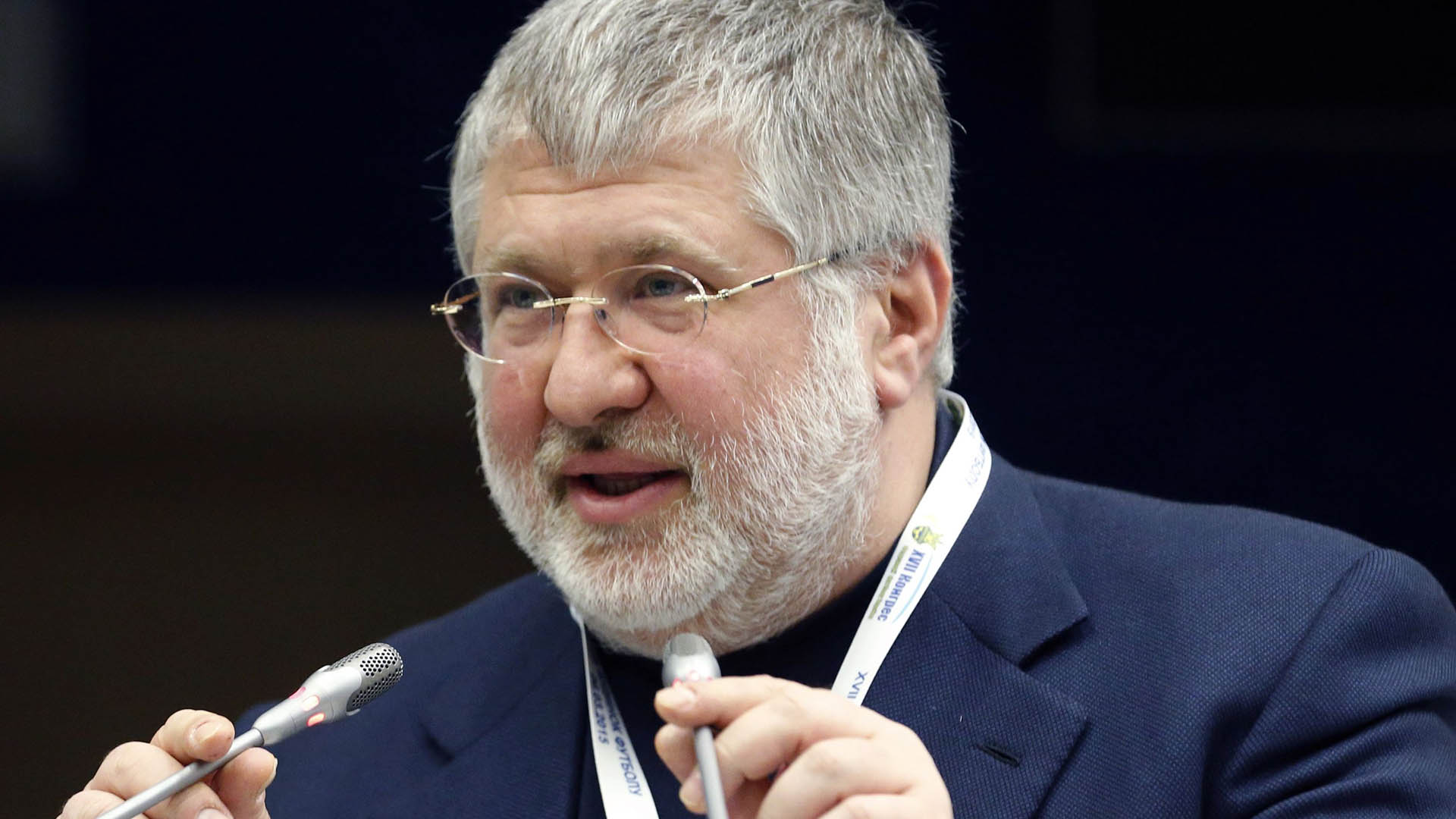Accountability
TD Bank hit with $3B penalty in U.S. money laundering settlement
Attorney General Merrick Garland said the Canada-based bank “created an environment that allowed financial crime to flourish.”

The U.S. arm of Canada-based TD Bank has agreed to pay a penalty to settle allegations that it failed to stop drug traffickers and money launderers from pushing hundreds of millions of dollars of illicit funds through the U.S. financial system.
The bank agreed to plead guilty to charges that it violated the Bank Secrecy Act in federal court in New Jersey last week. TD also settled a number of civil investigations by the U.S. Treasury’s Financial Crimes Enforcement Network, the Federal Reserve and the Office of the Comptroller of the Currency.
Between the criminal charges and the civil suits, the bank has agreed to pay a total of more than $3 billion to the U.S. authorities, including $1.3 billion to FinCEN — which Treasury described as “historic.”
“TD Bank created an environment that allowed financial crime to flourish. By making its services convenient for criminals, it became one.” – Attorney General Merrick B. Garland pic.twitter.com/DfDE0ylGwK
— U.S. Department of Justice (@TheJusticeDept) October 10, 2024
According to prosecutors, TD Bank’s U.S. unit failed to uphold proper anti-money laundering controls for almost a decade, from 2014 to 2023, during which time prosecutors said numerous criminal enterprises were able to transact through the bank. This included a Chinese drug trafficking group that bribed bank employees and was ultimately able to launder more than $470 million in cash linked to the sale of fentanyl and other illegal drugs, as well as another money laundering scheme that sent tens of millions of dollars to Colombia.
Announcing the penalties, U.S. Attorney General Merrick Garland said in a press conference that TD Bank was “the largest bank in U.S. history to plead guilty to Bank Secrecy Act program failures and the first U.S. bank in history to plead guilty to conspiracy to commit money laundering.”
“TD Bank created an environment that allowed financial crime to flourish,” Garland said. “By making its services convenient for criminals, it became one.”
In addition to the penalties, TD has also agreed to enter into a three-year monitorship and five-year probation, and will be subject to limits on the growth of its U.S. retail business.
“The fact that this conduct went to that depth and gravity is absolutely remarkable and the fact that the Treasury and the DOJ required that TD Bank plead to that level of culpability is really remarkable,” Scott Greytak, director of advocacy at Transparency International US, told ICIJ.
He added that TD Bank’s admission of conspiracy to commit money laundering in the settlement was “a new level” and the resulting penalties against should be a deterrent for other financial institutions.
“[This] isn’t chump change,” Greytak said. “I don’t think anybody can write this off as the cost of doing business.”
TD joins a long line of international banks accused of moving illicit cash through the U.S. financial system for criminal clients and shadowy characters. In 2020, ICIJ and BuzzFeed News’ FinCEN Files investigation uncovered more than $2 trillion in suspicious transactions processed by banks in the U.S. over eight years.
Based on a leak of more than 2,000 suspicious activity reports filed to the U.S. Treasury, the investigation found that five global banks — JPMorgan Chase, HSBC, Standard Chartered Bank, Deutsche Bank and Bank of New York Mellon — continued to move illicit cash even after U.S. authorities fined these financial institutions for earlier failures to stem flows of dirty money. In half of the FinCEN Files reports, banks didn’t have information about one or more entities behind the transactions.
Providing further details about the TD Bank case, Garland gave examples where bank employees “openly joked about the bank’s enabling of criminal activity.”
“Employees consistently joked on the bank’s instant messaging platform about the bank’s motto, ‘America’s Most Convenient Bank,’” Garland said, highlighting exchanges where bank workers acknowledged that lax controls at the bank made them an “easy target” for “the bad guys.”
Garland also said the Justice Department was currently investigating “individual employees at every level of TD Bank” and warned that “no one involved in TD Bank’s illegal conduct will be off limits.”



